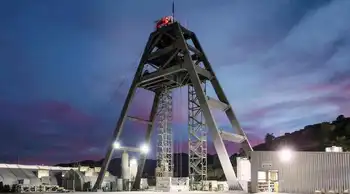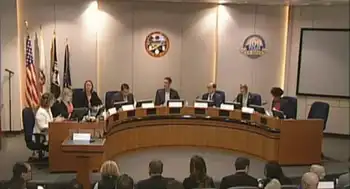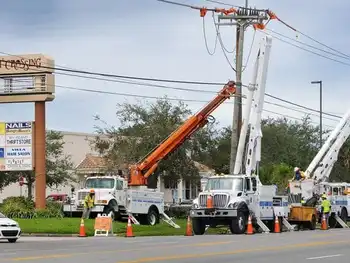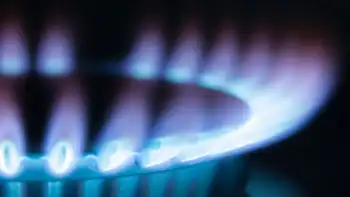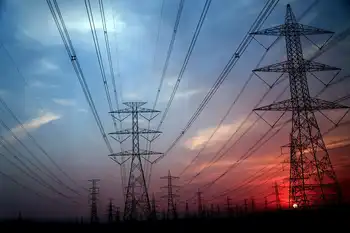“Task Force” would assess power plant rules
By New York Times
CSA Z463 Electrical Maintenance -
Our customized live online or in‑person group training can be delivered to your staff at your location.

- Live Online
- 6 hours Instructor-led
- Group Training Available
The details of the task force — laid out in the 987-page climate bill unveiled by Sens. John Kerry D-Mass. and Joe Lieberman I-Conn. — caused alarm among some environmental and public health advocates, who warned that the language could lead to exemptions from federal air pollution programs. Kerry and industry representatives, meanwhile, said the panel would merely bring attention to overlapping power plant rules.
The task force would be composed of representatives from U.S. EPA, the Energy Department, the Treasury Department, state public utility commissions and other relevant agencies, as well as the electricity-generating sector and nongovernmental organizations.
The coalition would conduct a study of how existing federal and state environmental laws will affect the transition of the coal-fired power fleet to lower-emitting plants or on the retirement of existing plants. The panel would also assess how federal rules under development would affect power plant emissions and the transition of coal-fired plants to cleaner generation, among other things.
Within a year of the enactment of the bill, the task force would be required to submit the results of its study to Congress. After that, agency chiefs would be required to publish a response, including any proposed changes to regulations or guidance to implement the recommendations.
Environmental and public health advocates yesterday argued that the task force would allow the electric power industry to lobby for a wish list of changes to federal rules that they can argue impede their ability to switch to cleaner fuels.
"It would trade off more pollution today for the idea that some point in the future these plants would go away," said Clean Air Watch President Frank O'Donnell. This provision, he added, "is clearly right from the word processors of the electric power industry."
Paul Billings, vice president of national policy and advocacy at the American Lung Association, said he reads the provision as "a multi-pronged attack on the cleanup of power plants so controls like [New Source Review, Maximum Achievable Control Technology], even the Clean Air Interstate Rule, which EPA is working on, could be waived or repealed through this process."
But Kerry said yesterday that the bill would not block Clean Air Act requirements outside of limitations on regulating greenhouse gases under certain provisions of the act.
"It really was just an effort to kind of make sure we're looking at this," Kerry said. "But there's nothing that allows anybody to get out of it. There's nothing that allows anybody to sidestep that."
Kerry said that the details of the task force are still being worked out. "That was a little something that got worked out between a couple of the environmental groups and the utilities," he said. "That's one of the things we've still got to kind of shape up a little bit."
Industry representatives, meanwhile, welcomed the prospect of studying overlapping regulations for greenhouse gases and conventional air pollutants.
"These provisions taken together will have some impact on the decisions that utilities make as they move forward with new plans to build or retrofit," said a source from the utility industry.
Jeff Holmstead, an attorney who represents electric utilities, said the task force "doesn't do anything except to maybe highlight an issue and make sure it gets attention."
"It doesn't do anything to give EPA authority that it doesn't already have to improve existing programs," added Holmstead, who served as EPA air chief during the George W. Bush administration.






